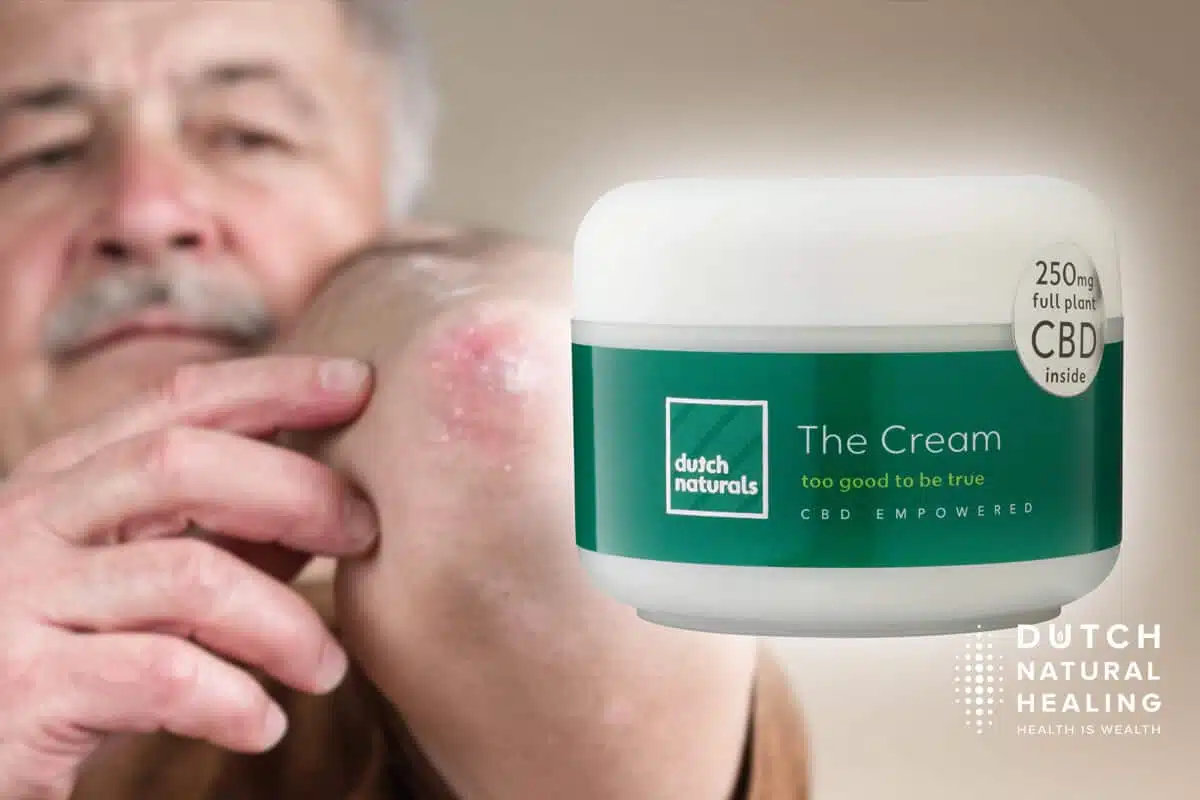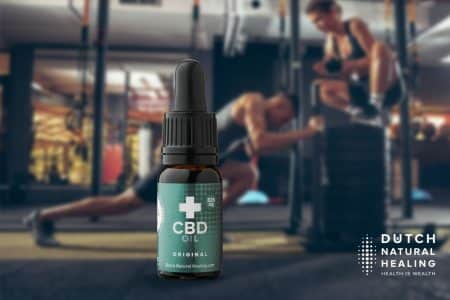While CBD appears to be very beneficial for the body and mind, the natural substance is difficult to absorb by the body. Leading producers to experiment with techniques to increase the bioavailability of the cannabinoid. Some of these experiments are known as Nano CBD and Liposomal CBD oil. We are here to explain why these products don’t work and why you should stay away from them:
What is Nano CBD oil?
Nano CBD is essentially nothing more than Cannabidiol(CBD) with a smaller particle size. This is done using ultrasonic frequencies to bring the molecules of individual CBD crystals – or full-spectrum cannabis extract – down to a nano size level. Producers and people who sell this type of CBD oil often state that the bioavailability is many times higher compared to regular oils. Consequently, sellers say that this oil is also better absorbed by the body and is more effective because of this.
Although while CBD molecules from hemp crystals and extracts have indeed been reduced in size using ultrasonic frequencies, the lipophilic properties of cannabidiol remain the same in the nanoproducts. So, what does this mean for the bioavailability of the product? In other words, how does it affect how the body processes the natural substance?
Effect of “full plant” Nano CBD oil
However, Nano CBD is smaller than regular CBD and is therefore easier to be absorbed by the body. It will still need to bind the nanoparticles to a lipoprotein for proper processing. As a result, much of the Nano CBD is broken down in the liver by P450 enzymes before it can do any good in the body.
Read more about the function of the P450 enzyme: “Is it better to take CBD oil with food or on an empty stomach?”
In addition, there are some significant health risks associated with this technique. Therefore, Nano CBD is banned in many places. For example, you don’t want to consume full cannabis extracts at the nano level. Because any heavy metals and pesticides present in the extract will also have been converted to nano parts, facilitating the access of these hazardous substances into the bloodstream. And it goes without saying that you don’t want this garbage in your body.
Pure Nano CBD from isolated crystals
Now, you might think “why not get the nano CBD made with crystals if that’s the problem?” And we have to admit, even if you look at the loss of cannabinoids while binding CBD to lipoproteins for proper processing, nano CBD from crystals may be easier to be absorbed by the body compared to standard CBD oil. But it has serious limitations…
As with “Pure CBD oil” based on crystals, nano CBD oil made with isolated Cannabidiol is devoid of all other active substances available in cannabis. In other words, you lose the entourage effect, the synergy that occurs in the body when Cannabidiol is supported by other cannabinoids and terpenes. And here at Dutch Natural Healing, we firmly believe that the entourage effect is one of the key elements in the success of CBD.
Although there are government restrictions that currently prevent the production and sales of Nano CBD. EU food authorities, for example, have stated that Nano CBD is a NOVEL food and therefore cannot be marketed without proper authorisations. The authorities have also stated that they will maintain this ban on all Nano supplements in general, including Nano CBD oil.
Liposomal CBD oil based on lecithin / liposomes
In recent years, there has also been an increase in lecithin-based CBD oils. A substance found naturally in eggs, soy and sunflower seeds and used, for example, to make mayonnaise. Lecithin is a so-called emulsifier, which means that it binds fats in water. In CBD oil formulas, lecithin is thought to help the body to better absorb and process the active ingredients.
To come to this conclusion, it is often compared to so-called liposomal vitamins C. Where lecithin is also used to ensure that vitamin C is absorbed more efficiently by the body. Lecithin ensures that fats can bind to certain enzymes in the body, resulting in them being broken down efficiently. So, at the cellular level, lecithin is essential for healthy cellular function. With this perspective, it is safe to say that lecithin is definitely a healthy dietary supplement. But will it help in the absorption of CBD and in the body?
Effects of liposomal CBD
So we know that lecithin ensures the binding of fats (such as CBD) to water, a process we call emulsion. However, binding CBD to lecithin is a very difficult process. In addition, the water solubility of lecithin at room temperature is very low. Most importantly, the binding force of lecithin is stronger than that of the body’s lipoprotein. What does this mean for bioavailability?
Since lecithin ensures that fats and fatty substances are strongly bound, lecithin is ideal for use as a natural cholesterol reducer and as an aid to slimming. Considering that cannabinoids are also stored in adipose tissue, lecithin helps remove the “stored” CBD from the body at a faster rate. As lecithin binds to the CBD that it encounters in the body and ensures that it is eliminated faster through the urinary tract. In other words, liposomal CBD literally helps you “get rid of the CBD”.
This means that you could effectively use lecithin, for example, to remove THC and other cannabinoids from your system, but it will certainly not help in achieving better absorption of CBD or THC. Since lecithin’s strong fat-binding properties mean that it has a counterproductive effect on the absorption of lipophilic substances such as CBD and THC. In conclusion, liposomal CBD is less efficiently absorbed than regular olive oil-based CBD oil or hemp seed oil.
On the other hand, lecithin can actually increase the absorption of water-soluble substances – such as vitamin C – in the body. This is referred to as a liposomal solution of vitamin C. Using this leads to a higher concentration of the vitamin in the blood, which could otherwise only be achieved through intravenous administration.
Safe and effective water soluble CBD
In summary, nano CBD made from full hemp extracts could be dangerous. When made from isolated crystals, it is no more effective than regular oil, nor does it have high bioavailability. On the other hand, lecithin can be used to increase the bioavailability of water-soluble vitamins. But it doesn’t work with lipophilic (fat-soluble) substances like THC and CBD!
Our unique CBDactive+ product, however, is another story. As it contains an advanced complex that binds to the available cannabinoids and acts as a lipoprotein (transporter) in the bloodstream. The bound CBD is therefore directly water-soluble in CBDactive+.
As Cannabidiol is already bound to a lipoprotein thanks to the BioACTIVE+ formula in the supplement, the body will not need to carry out a complex metabolism to get it into the bloodstream. This means that your body will actually absorb 99% of the bound and water-soluble CBD in CBDactive+ products. Perhaps the highest bioavailability you will find in any CBD product available today.
Another advantage of CBDactive+ is that it contains all the other cannabinoids and terpenes naturally present in hemp. This results in a complete entourage effect and also provides a positive effect on the Cytochrome P450 enzyme system. Ensuring that the active ingredients will be distributed even more slowly, giving your body more time to enjoy all the benefits that CBD has to offer.
Source: dutchnaturalhealing.com











